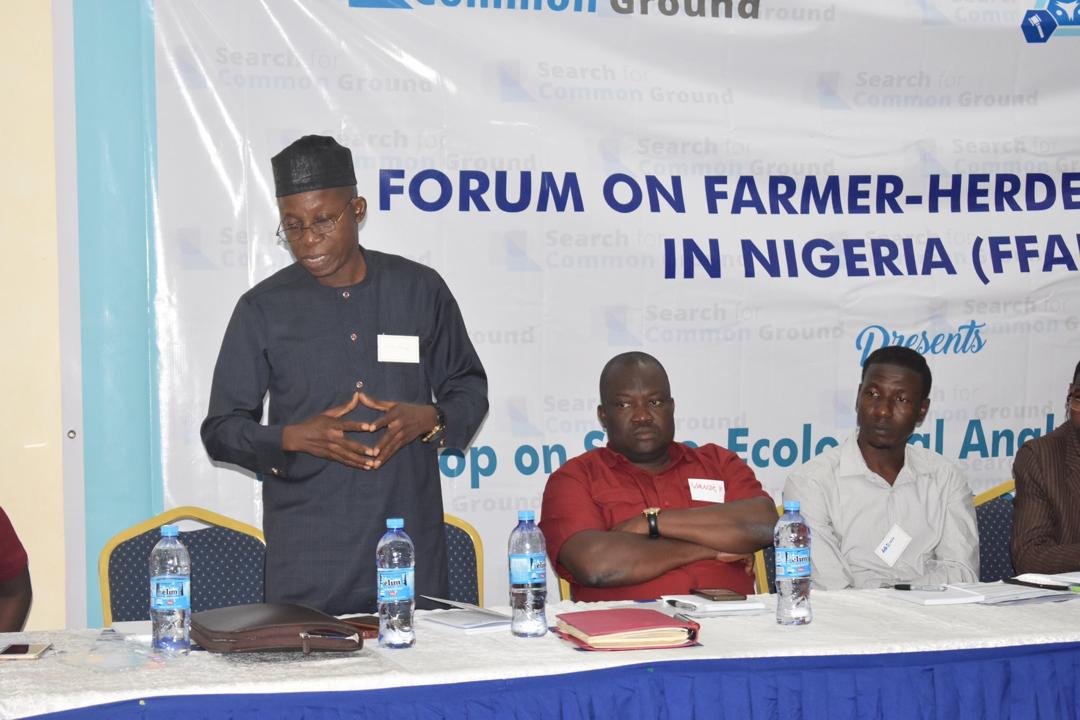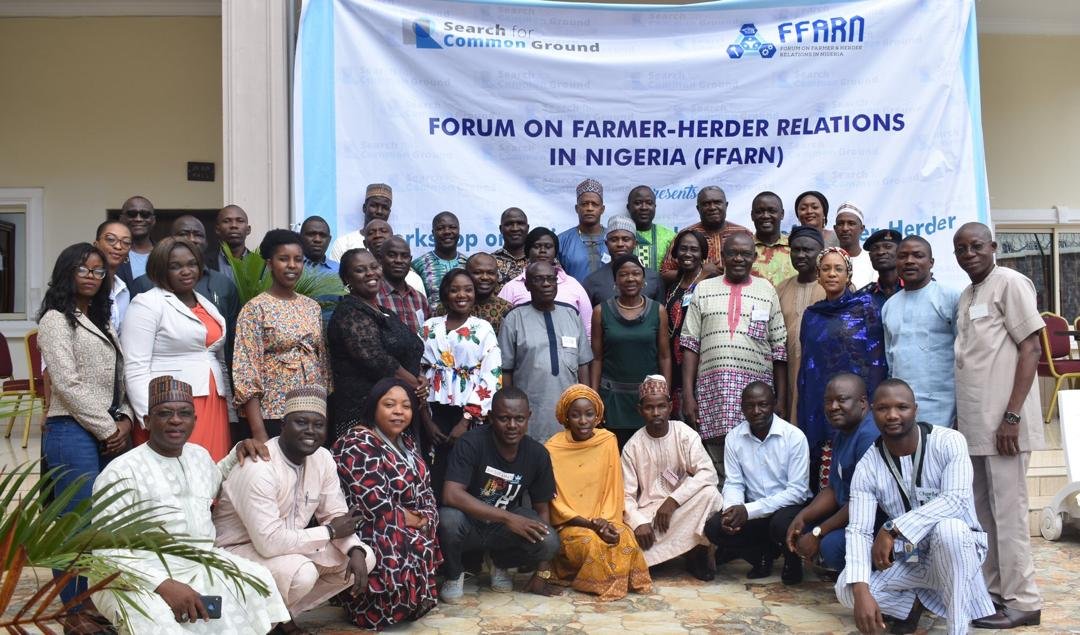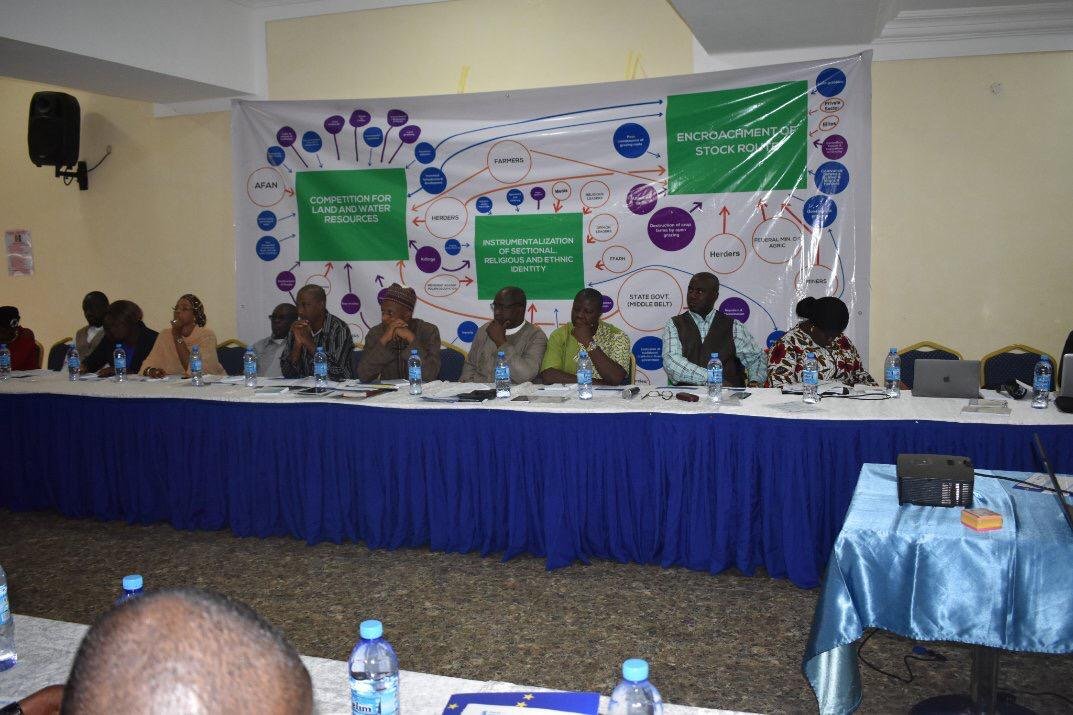News
What Nigerian government must do to end farmer-herder crisis — FFARN, Experts
•Clashes causing Nigeria billions of naira–UN Adviser
The key stakeholders working to find permanent solution to the violent conflicts between farmers and herders say the Nigerian government must begin to run an inclusive government where every Nigerian is carried along in its policies or proposals targeted at ending the conflict.
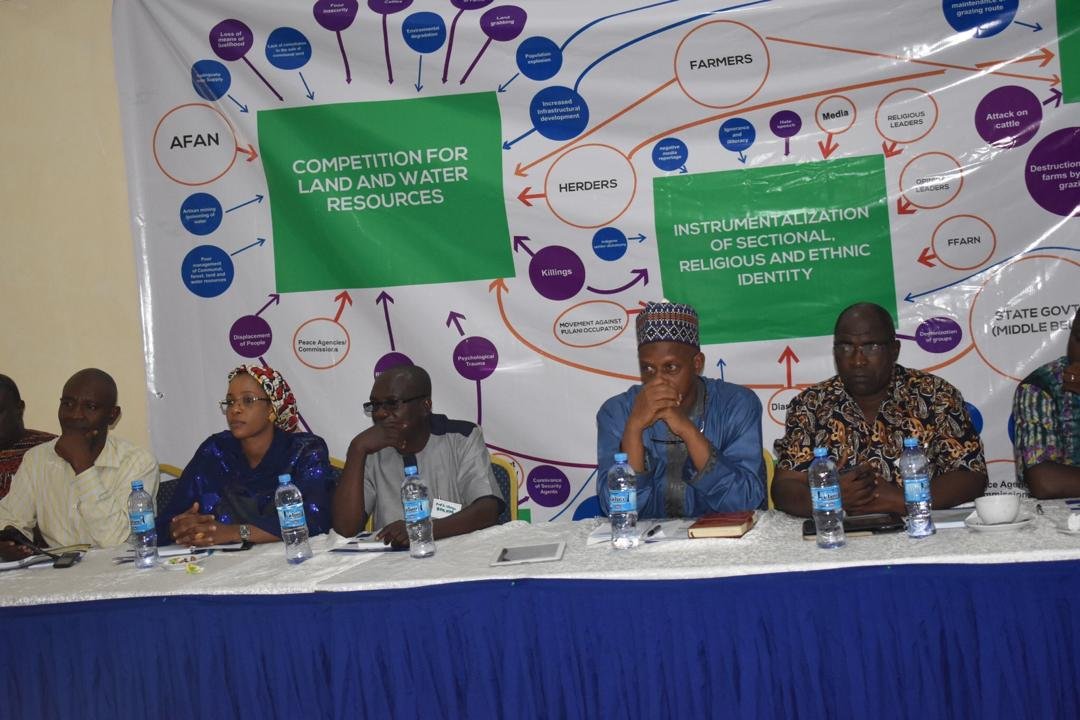
The stakeholders who said this while reacting to the now suspended Ruga settlements also urged the Federal government to ensure that it’s proposed plans must integrate the livelihood of farmers and pastoralists, and not seperate it.
This was made known at weekend during the three-day workshop on Socio-Ecoligical Analysis of Farner-Herder Conflict in Nigeria and the Sahel by the Forum on Farmer and Herder Relations in Nigeria (FFARN) organised Search for Common Ground (SFCG) in Abuja.
The project lead, FFARN, Ms. Olubukola Ademola-Adelehin, stressed that that Federal Government needs to communicate it’s policies aimed at addressing the herders and farmers conflict clearly, in a way that people listening can understand and also see the benefit to them at the personal level, community level and even to the country as a whole.
Ademola-Adelehin added that a permanent solution to the conflict will require an economic and developmental plan that is able to integrate the interest of the farmers and herders.
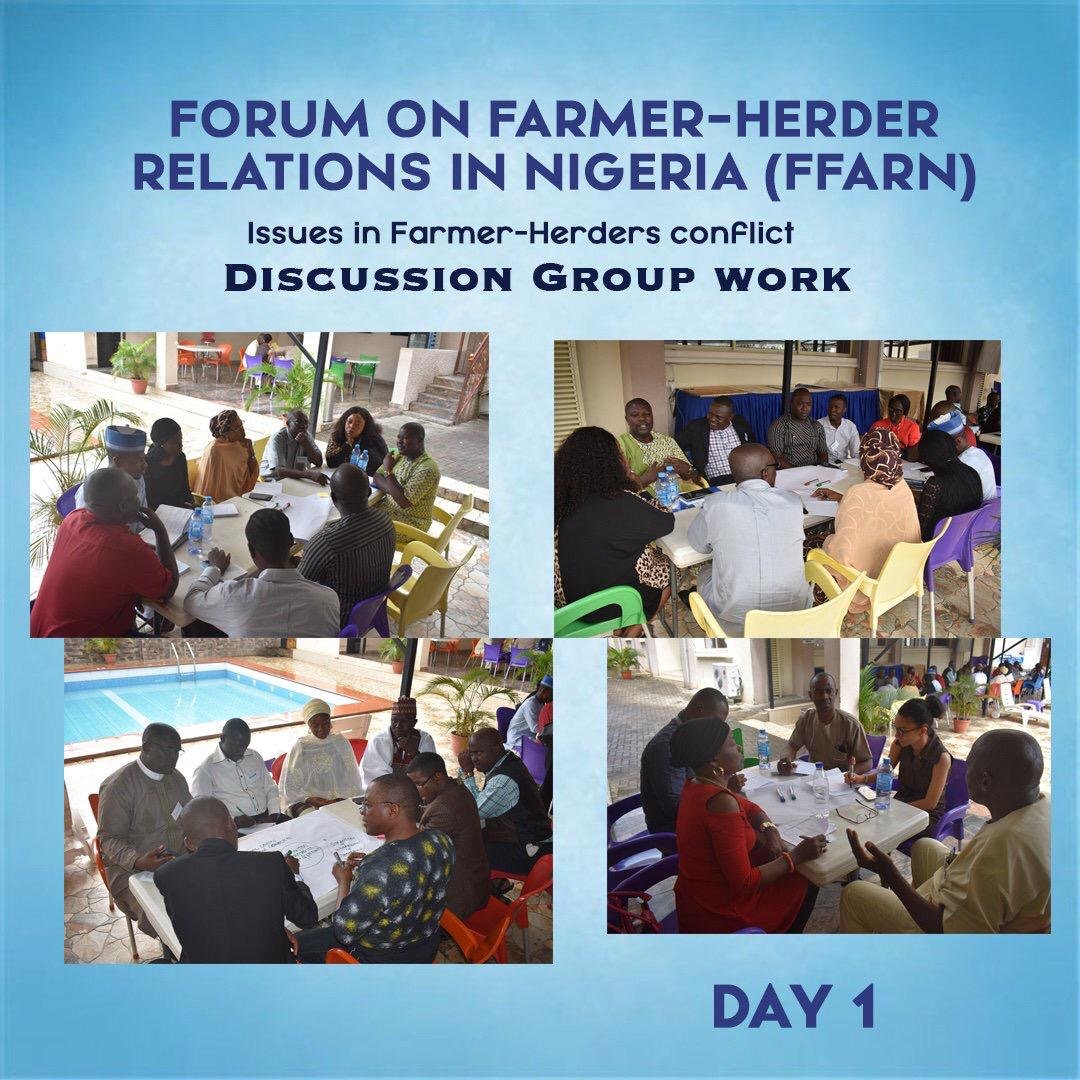
She said, “any proposal from government must be in a way that it’s integrating the livelihood of farmers and pastoralists, twhen we separate it, then where is the ‘do no harm that we are suppoaed to do”.
She further explained that the essence of the workshop is to identify key conflict driving farmer-herder conflicts, the parties involved in the conflict. She added that the discussions from the workshop will guide policy makers at state level, national and even international to have holistic view of the conflict towards having appropriate interventions
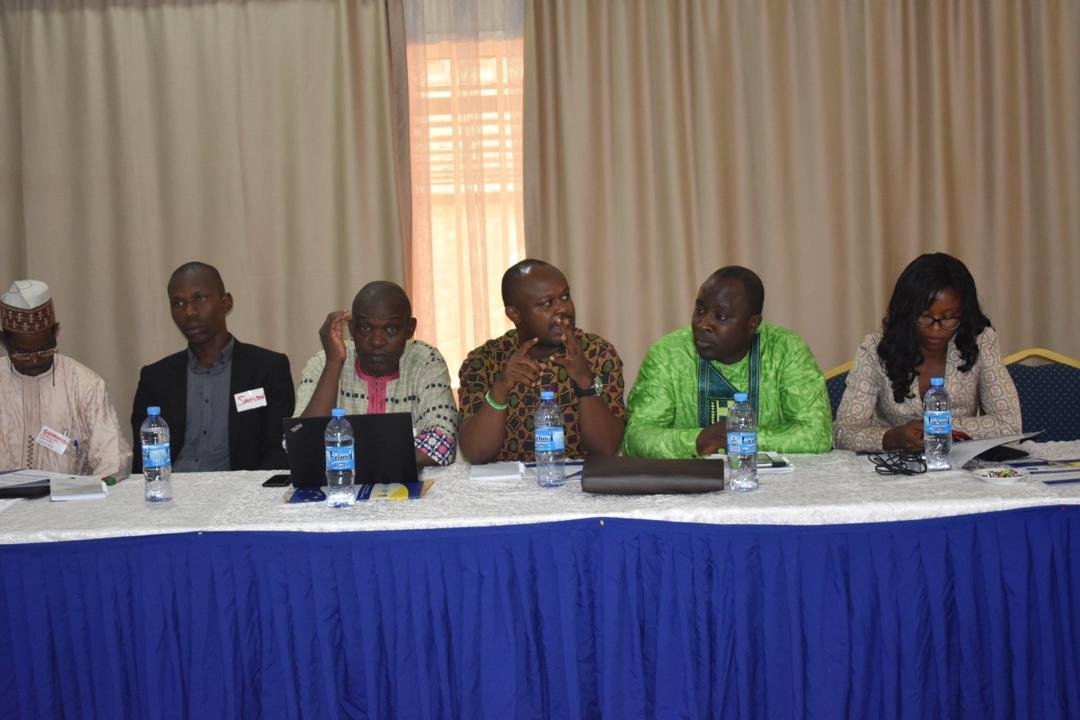
“This forum is very unique it brings in together experts from academia, from practitioners and policy to look critically and analysis on policies that can inspire government to look at this issues holistically and want to put in peace structures to ensure that the issues are addressed.”
Also speaking, the Executive Director, West African Network for Peacebuilding (WANEP), Chukwuemeka Eze noted that the Ruga policy is being introduced within the context of divergence of opinion, multicultural background, and more importantly within a context of trust deficit.
Eze who is the co-lead Facilitator, stressed that it is important that before policies are introduced the education that goes into the content of the policy and the workability of the policy should from the moment of design carru everybody along.
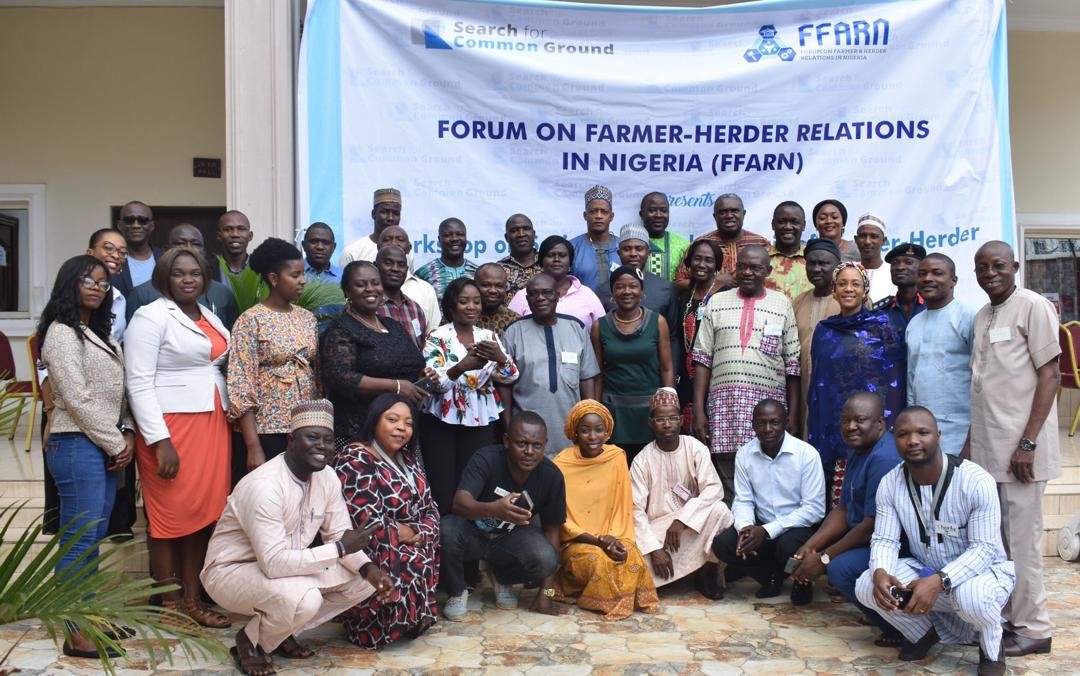
“In so doing people understand the processes and people are able to make inputs, so that when it gets to the public domin, those who are supposed to challenge it or the beneficiaries will be in the same page,” he said.
The WANEP Director also advocated Government should also work to see the inclusion of women in discussions and policies aimed at addressing the conflict.
He said, “the process of inclusivity means that nobody should be left behind. Women constitutes over 50 per cent of the world population, anybody under the illusion that they should be left out of the peacebuilding is actually making the process itself difficult, because the impact of conflict on men and women are different. So, when talking bout gender based peacebuilding approach so everybody is important.”
The Peacebuilding and Develop Adviser to the United Nations (UN) Nigeria, Mr. Zebulon Takwa, however regretted that the ongoing clashes has caused the Federal Government billions of Naira which could have been prevented.
Takwa who is also the Co-lead Facilitator, regretted that the investment and budget for pece in Nigeria and Africa as a whole has been too little.
He opined that there is a strong need to further prevent the conflict using the Socio-Ecoligical Analysis, which has been missing in most of the recommendations for a sustainable solution to the farmers and herders relations.
He said, “prevention can come during conflicts. Government should prevent further killings, the toxic discussions between communities around it should be prevented. Government should engage inclusive discussions to get workable solutions.”
He also called on all Nigerians to be part of the peacebuilding processes, according to him, a peaceful society is the responsibility of all, “when we have the spirit of inclusivity, the spirit of accepting one another, we will begin to look at things differenly.”
At the end, FFARN briefed journalists on the contents of the four Policy Briefs through which it recommended key solutions to the protracted farmers and Herders conflict.
The Policy Briefs which encourages a common ground in Farmers and Herders Relations in Nigeria include: ‘Past is Prologue: Criminality and Reprisal Attacks’; ‘The Implications of the Open Grazing Prohibition and Ranches Establishment Law on Farmer-Herder Relations in the Middle Belt Region of Nigeria’; ‘Responses to Conflict between Farmers and Herders in in the Middlebelt of Nigeria: Mapping Past Efforts and Opportunity for Violence Prevention’; and ‘Seeking Security and Stability: An Analysis of Security Responses to Farmer-Herder conflict in the Middle Belt Region of Nigeria’.
Here is a downloadable links:
LINKS TO POLICY BRIEFS https://www.sfcg.org/wp-content/uploads/2018/11/Seeking-Security-and-Stability_Nigeria_-Search-for-Common-Ground.pdf
Policy Brief: Implications of new legislation on farmer-herder conflict in Nigeria
https://www.sfcg.org/wp-content/uploads/2018/03/Responses-to-Conflicts-between-Farmers-and-Herders-in-the-Middle-Belt-FINAL.pdf
Past is Prologue: Criminality & Reprisal Attacks in Nigeria’s Middle Belt
https://www.sfcg.org/wp-content/uploads/2018/07/Policy_Brief_on_the_Impact_of_Farmer_Herder_Conflict_on_Women_in_Adamawa_Gombe_and_Plateau_States_of_Nigeria.pdf
